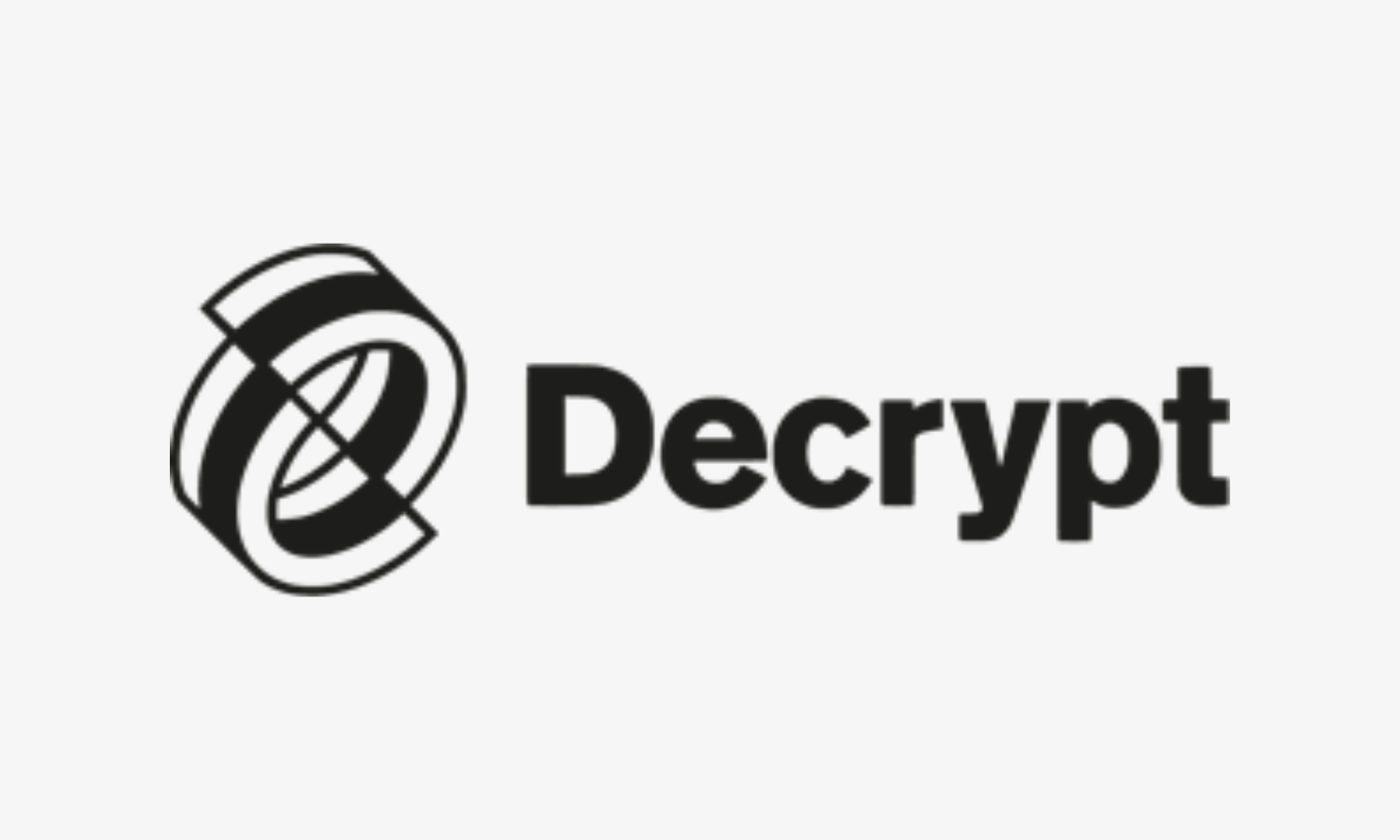Bitcoin ETF Fee War: Here’s What’s Going On

The spot Bitcoin ETF hopefuls, including BlackRock, VanEck, and ARK Invest, filed early Monday morning amendments to their respective fund registrations with the Securities and Exchange Commission to disclose their fee structures.
The immediate take away from analysts was that BlackRock’s 0.30% proposed fee is much lower than the industry was expecting, which will make competing against the largest asset manager in the world all the more difficult for every other firm in the running.
Case in point: The Bitwise Bitcoin ETF, ARK 21Shares Bitcoin ETF, and Invesco Galaxy Bitcoin ETF will all launch with 0% fees. Even BlackRock’s iShares Bitcoin Trust will have a 0.20% introductory rate on the first $5 billion before it switches to its 0.30% fee.
Investors have been wanting a spot Bitcoin ETF for the better part of a decade. An exchange-traded product that tracks the real-time price of Bitcoin would allow investors to get exposure to the asset in their portfolios without having to actually buy and hold BTC themselves.
But the issuers aren’t doing all this just as a favor to their clients. The overhead that they’re taking on to make Bitcoin exposure easier for investors comes at a price. That’s where the fees come in.
Exchange-traded funds charge fees for all the work they do on behalf of investors, like buying assets, storing them, and rebalancing when necessary to keep true to their prospectus. That means investors would forego one-time transaction fees at an exchange for ongoing maintenance fees paid to the ETF issuers. And those fees could eat into returns, which is why they’re a keenly watched detail as the industry waits for an ETF to be approved.
For context, sponsor fees accrue daily and are usually deducted from the fund’s assets monthly or quarterly. It’s not as though issuers send a bill out to investors to collect their fee. It’s that returns for an ETF investor equal performance of shares minus whatever fees are owed to the firm that’s maintaining the fund.
The comparatively low fee from BlackRock and the lower fees that other firms would need to charge to remain competitive has sparked a debate in the crypto industry about whether zero fee offers are something to worry about.
It’s not all that different from the klaxons that go off when a crypto lending product promises sky-high returns on deposits.
Custodia Bank (former Avanti Financial Group) CEO Caitlin Long posited on X (formerly Twitter) that when an issuer is charging less in fees than it takes to cover its costs to manage a fund, it might mean there are hidden risks.
“With no-fee funds, the answer is usually securities lending,” she said, “a practice that can pose A LOT of hidden risk to investors.”
Long has been saying for years that the “financialization” of Bitcoin could be a double-edged sword for laser-eyed maxis. But Bloomberg Intelligence analyst Eric Balchunas weighed in, offering some insight into how ETF issuers can make 0% introductory fees work.
“Low fees attract advisors who control the majority of [assets] in America. That activity attracts traders, then once an ETF is big and liquid, the issuer will play hard ball [with its] custodian (“lower your fee or we going elsewhere”),” he said. “This is normal life in the ETF Terrordome.”
That means it could be the likes of Coinbase and other firms who have been selected as custodians for the Bitcoin that’ll back shares of an ETF who could bear the brunt as issuers seek to keep the fees on their funds low enough to bring fresh cash through the door.










